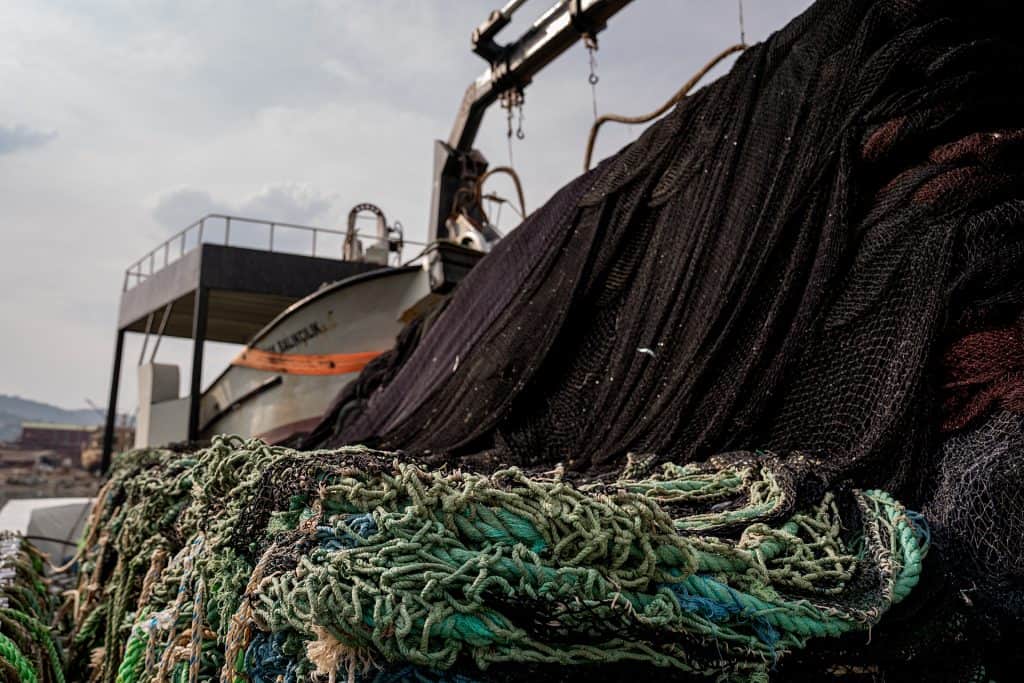Welcome to the Cruelty.farm Blog
The Cruelty.farm Blog is a platform dedicated to uncovering the hidden realities of modern animal agriculture and its far-reaching impacts on animals, people, and the planet. Articles provide investigative insights into issues such as factory farming, environmental damage, and systemic cruelty—topics often left in the shadows of mainstream discussions.
Every post is rooted in a shared purpose: to build empathy, question normalcy, and ignite change. By staying informed, you become part of a growing network of thinkers, doers, and allies working toward a world where compassion and responsibility guide how we treat animals, the planet, and each other. Read, reflect, act—each post is an invitation to change.
Many vegetarians who aspire to adopt a vegan lifestyle often find dairy products, particularly cheese, to be the most difficult to relinquish. The allure of creamy cheeses, along with yogurt, ice cream, sour cream, butter, and a myriad of baked goods containing dairy, makes the transition challenging. But why is it so hard to give up these dairy delights? The answer might surprise you. While the taste of dairy foods is undeniably appealing, there's more to their allure than just flavor. Dairy products have an addictive quality, a notion supported by scientific evidence. The culprit is casein, a milk protein that forms the foundation of cheese. When consumed, casein breaks down into casomorphins, opioid peptides that activate the brain's opioid receptors, similar to how prescription painkillers and recreational drugs do. This interaction stimulates dopamine release, creating feelings of euphoria and minor stress relief. The problem is compounded when dairy is …


























































